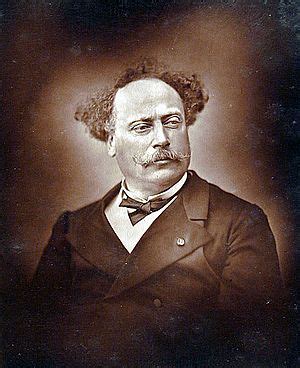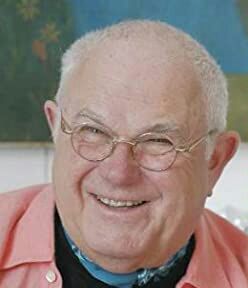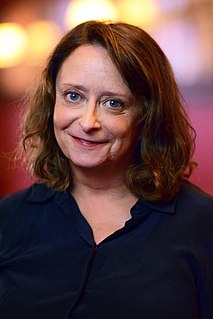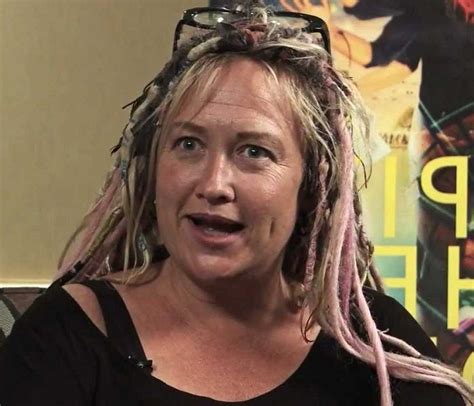A Quote by Alexandre Dumas-fils
One has always had a childhood, whatever one becomes.
Related Quotes
When I talk about it, now people imagine I had an impoverished childhood, especially when I tell people we used to have to put coins in the side of the telly. But we were really happy. Mum never complained, there was always music playing in the house and we were always dancing around. It was a great childhood.
All of my childhood, we were on welfare. My mom received Aid for Families with Dependent Children - welfare. Without that, we wouldn't have had subsidized housing. Most of my childhood, we had a two-bedroom apartment, but eventually we got into the projects, where we had four bedrooms. That was great.
You're the hero of your own story. I had let go of my own story from my own childhood and whatever anger I had and I began to see it from a very different place. It's really easy to be like "This thing happened to me! Look what they did to me or are doing to me." These are such powerful ideas and it's so easy to hold onto them forever. When I let go of those ideas it was easier to see my childhood from different points of view.
When I was touring in Texas, that was before iPods and Spotify. Driving around through towns, I had to, out of necessity, scroll the radio. Whatever region of the country you are in, that's a great way to find out what they listen to. You find music wherever you are, and that becomes the soundtrack for whatever your road trip is.






































